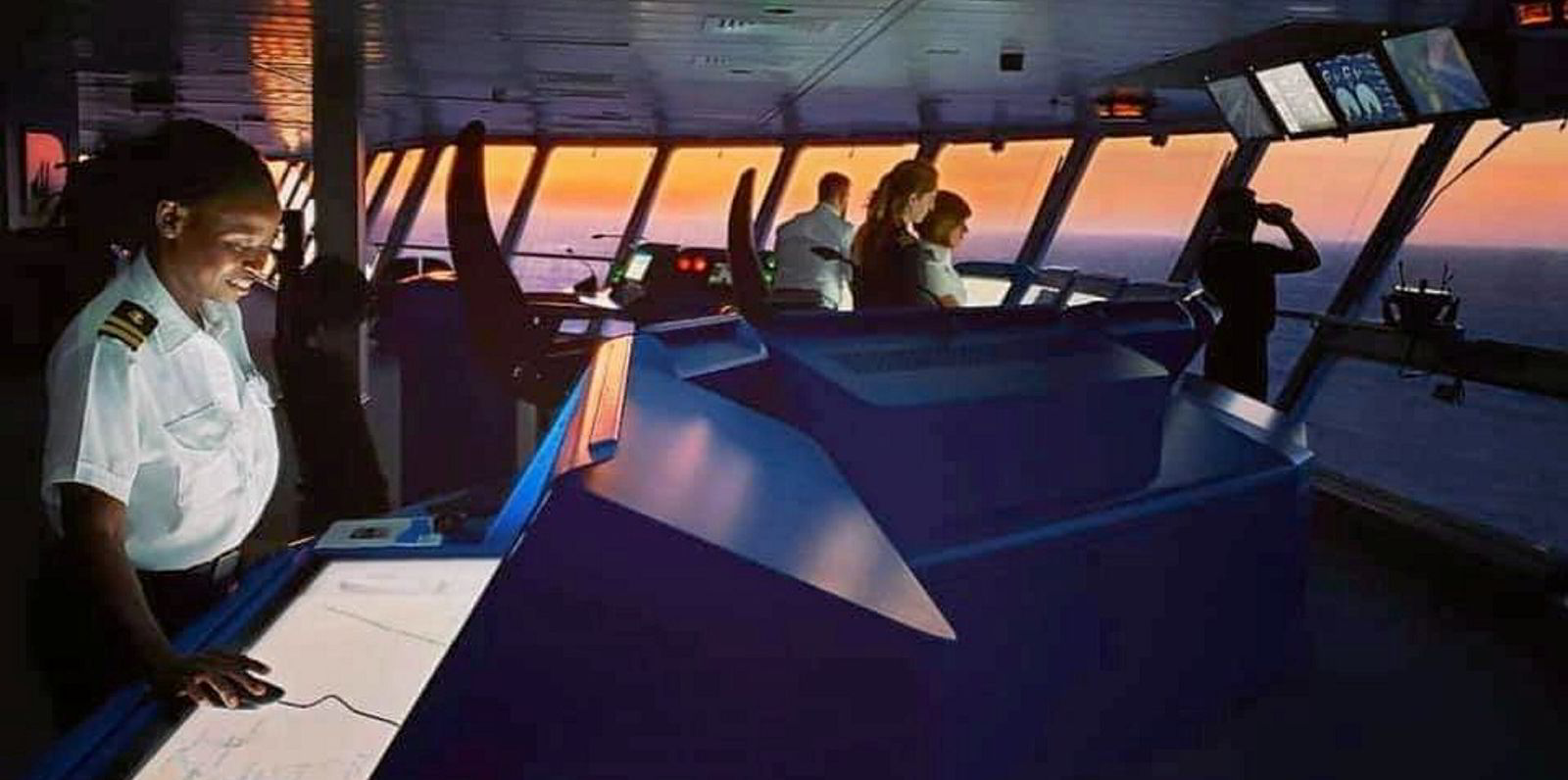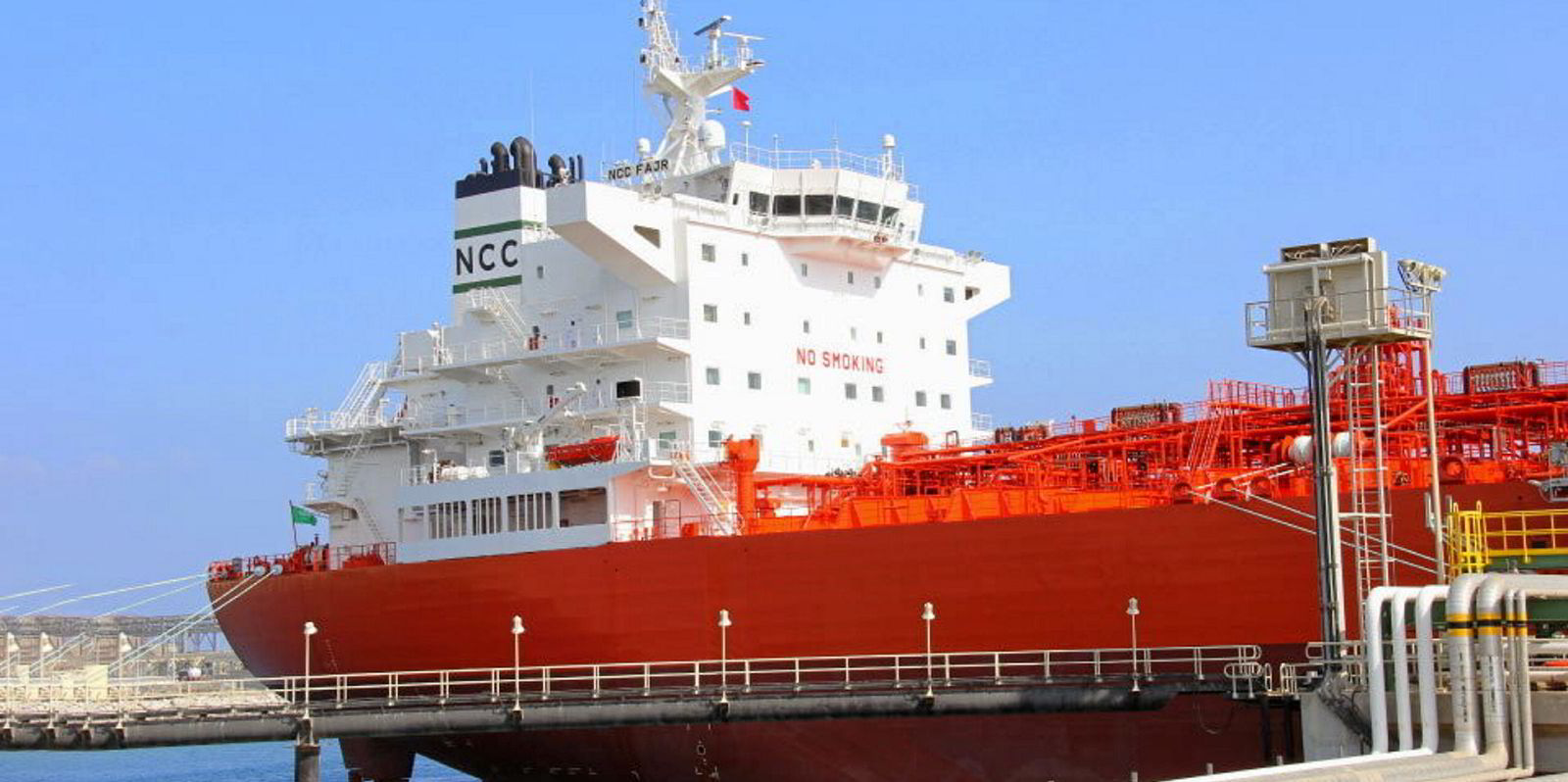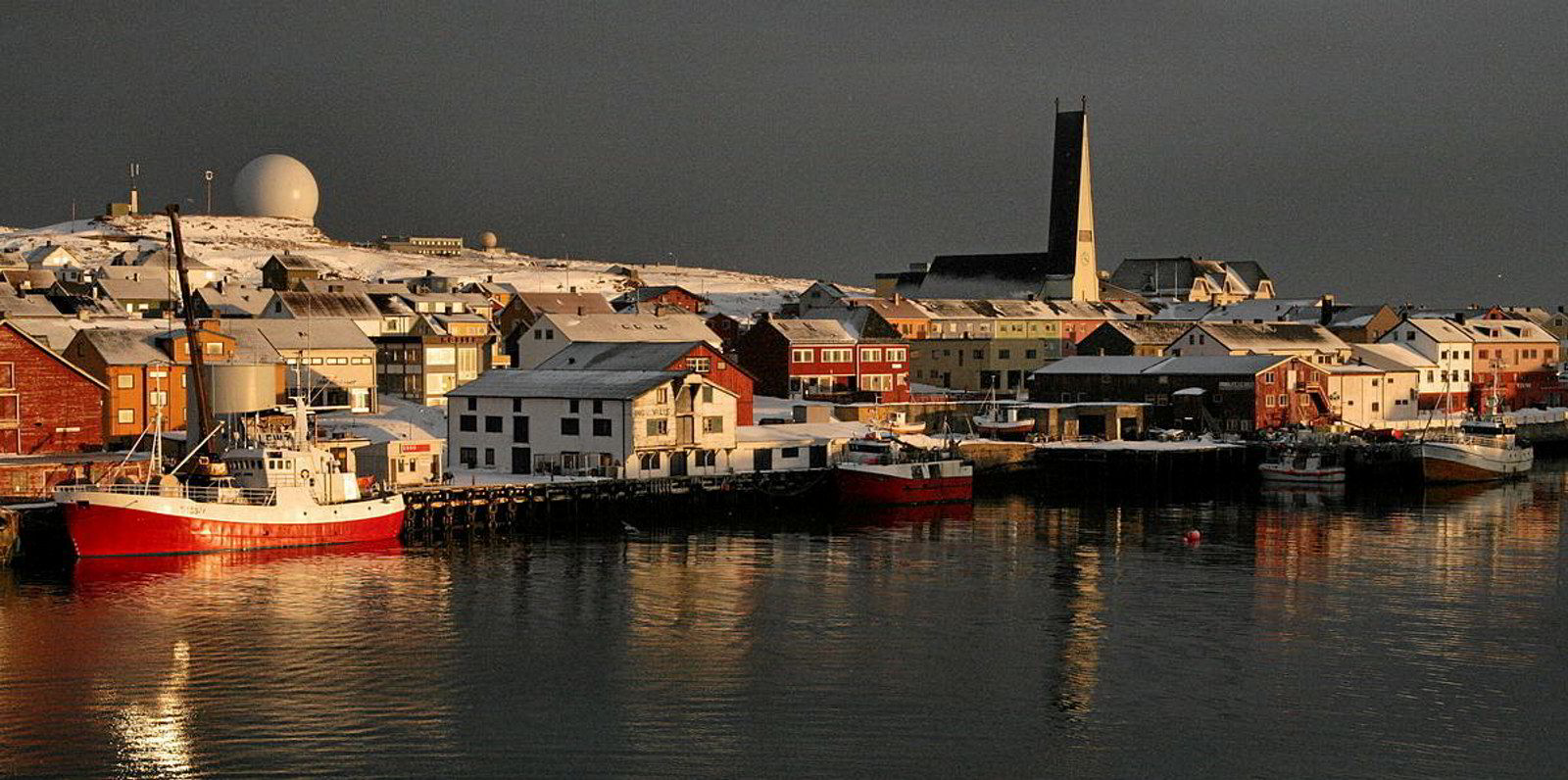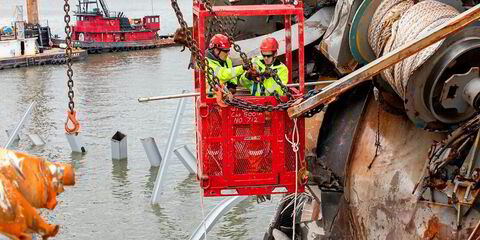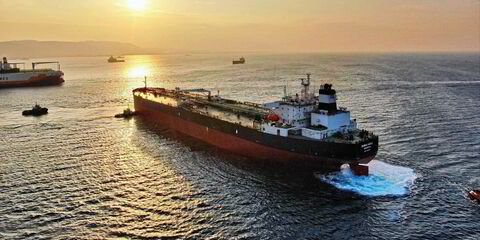Earlier in April, the Neptune Declaration’s Crew Change Indicator showed a decrease in the percentage of seafarers who remain on board vessels after the end of their contracts.
It was a welcome change after two months of increasing numbers that raised fears that the Covid-19 restrictions that were preventing crews from signing on and off of vessels might resurge.
A decrease from 5% to 4.2%, from a peak of 9% in August 2021, does not mean it’s time to declare victory over the crew-change crisis, and new monthly data will come out soon.
But if the figures continue to decline, the focus on seafarer welfare that sprouted from their predicament during the pandemic should not be lost.
Allowing the spotlight on working conditions for seafarers to dim would threaten an opportunity to address other areas where there is so much work to be done.
Another crisis that is unfolding for mariners is centred on Ukraine, which has created problems on many fronts.
In the Black Sea and Sea of Azov, there are an estimated 500 crew members who are stuck at Ukrainian ports, where wrecks and sea mines are preventing some vessels from leaving, while other ships do not have enough people on board to leave.
An effort by Columbia Shipmanagement and Mental Health Support Solutions to provide 320 psychologists to counsel refugees has shed light on Ukrainian seafarers’ challenges on the home front as they flee the country with their families.
Add to that the worries of Ukrainian seafarers at sea as their nation is bombarded, and those leaving ships to face uncertain treatment by immigration officials abroad or the prospect of returning home to a country at war, where they are likely to be expected to join the fight.
Many challenges facing seafarers are not new at all.
A coalition of governments and industry associations have called on the International Maritime Organization and the International Labour Organization to address sexual harassment and assault at sea.
The IMO is also facing pressure from the International Chamber of Shipping, the International Transport Workers’ Federation and the governments of Panama and France to tackle bullying on ships.
TradeWinds has also reported on the lack of progress, relative to shoreside efforts, in providing an inclusive environment and protections for LGBT+ seafarers.
Then there is possibly the most visible problem that has festered in the seafaring world: the very small proportion of the seagoing workforce that is made up of women, especially outside of the cruise sector.
Diversity is an important seafarer welfare issue.
Even if, as some claim, there are so few women at sea because they are less interested in the profession, that is still a failure by the shipping industry — a failure to create a working environment that appeals to women, or a failure to provide a work environment where women feel they are welcome, or likely both.
It is encouraging to see the Global Maritime Forum — a non-profit set up to foster discussion and find solutions to shipping’s sustainability challenges — take on diversity, equity and inclusion as part of its next initiative.
The reasoning behind its All Aboard Alliance shows that tackling shipping’s diversity problem, and staying focused on seafarer welfare, is not just about doing the right thing.
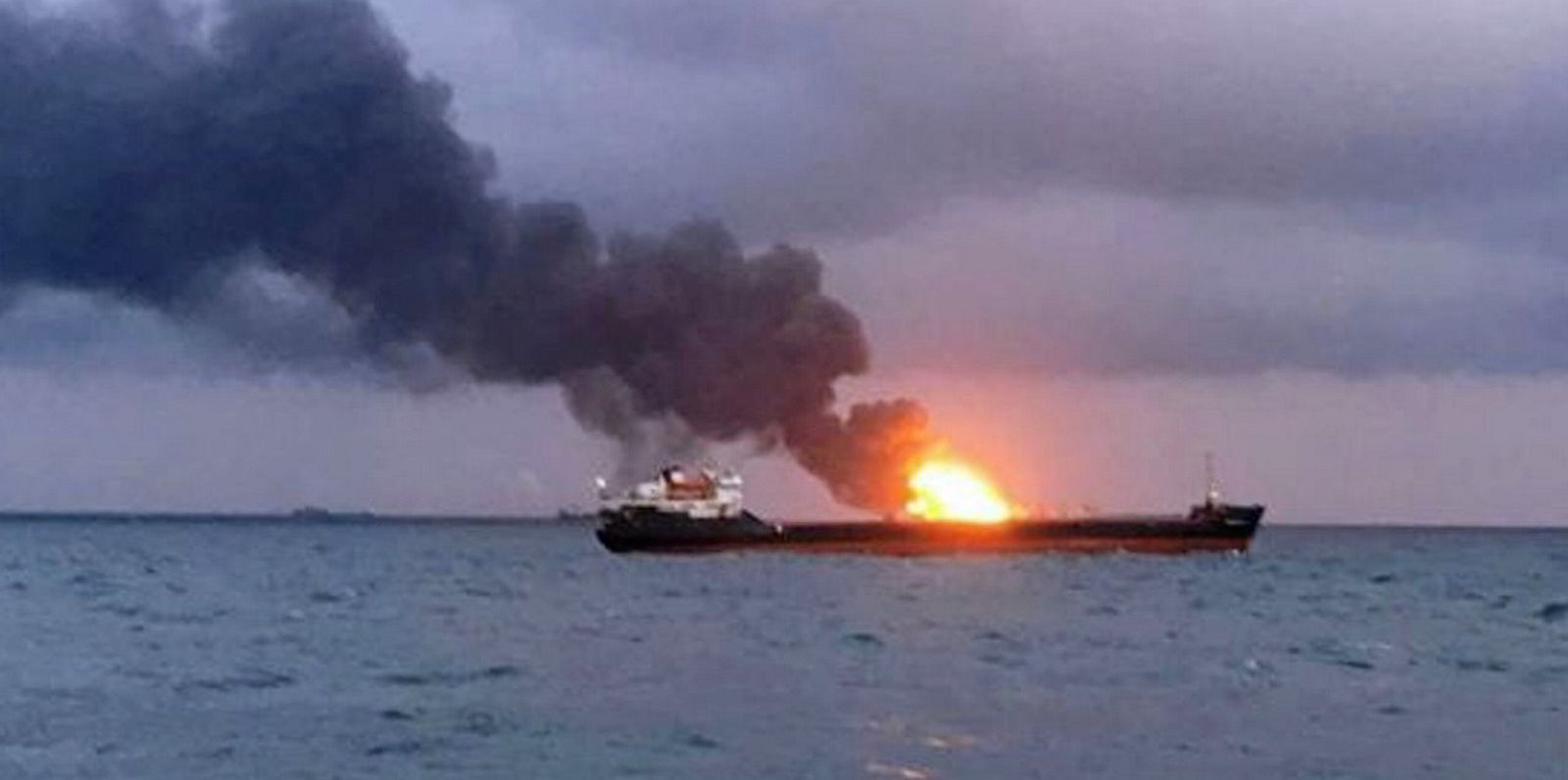
It’s also about tackling the looming challenges that the shipping industry is facing in the wake of the Covid-19 pandemic and in the midst of increasing pressure on environmental, social and governance measures.
Firstly, there’s the growing body of evidence that a diverse workforce leads to better business outcomes and fosters innovation.
And then there are the worries that shipping is facing a talent shortage. The industry is undergoing technological disruptions, such as the growing role of digital solutions and the new fuels that will power decarbonisation, that will require seafarers with new skillsets.
But there is also the blow from the pandemic’s challenges and tight labour market, which made seafarers reluctant to sign on to their next voyage and increased the competitiveness of shoreside employment.
Shipping future requires the ocean to be a better workplace, which means seafarer welfare needs to remain at the forefront.
But let’s not also forget that it’s the right thing to do.(Copyright)
